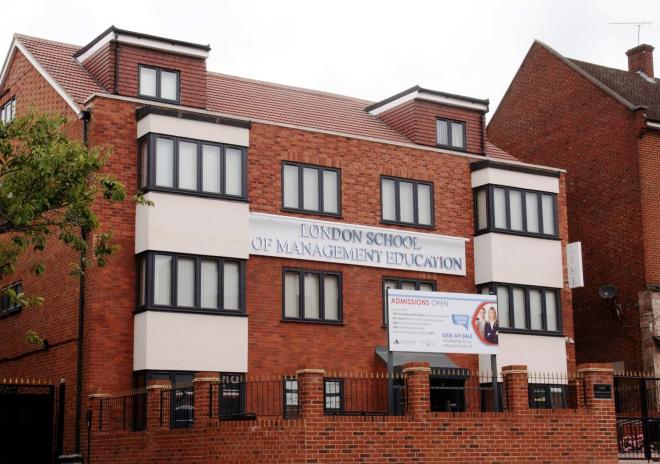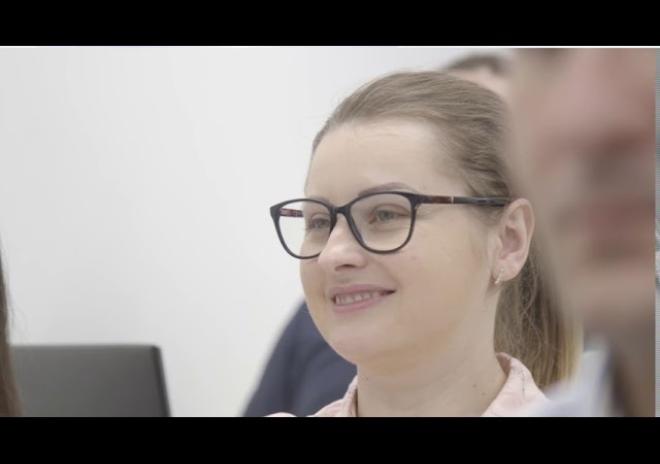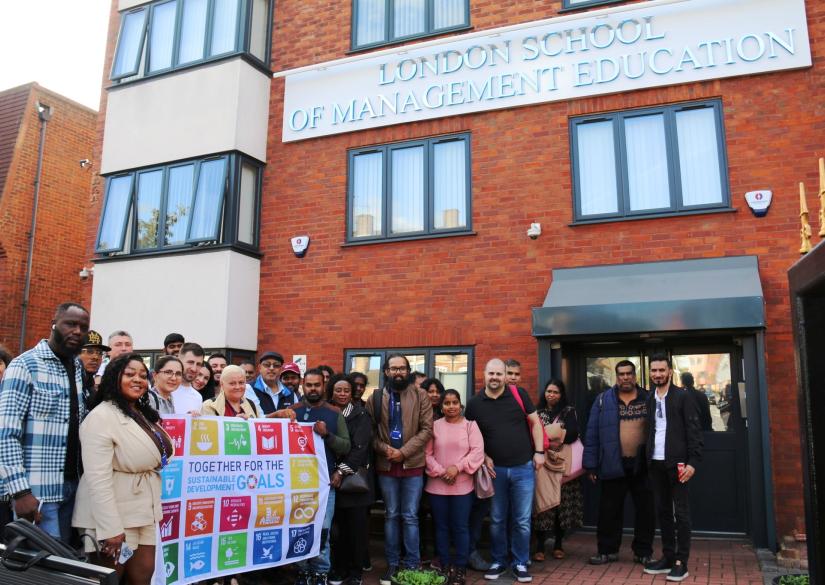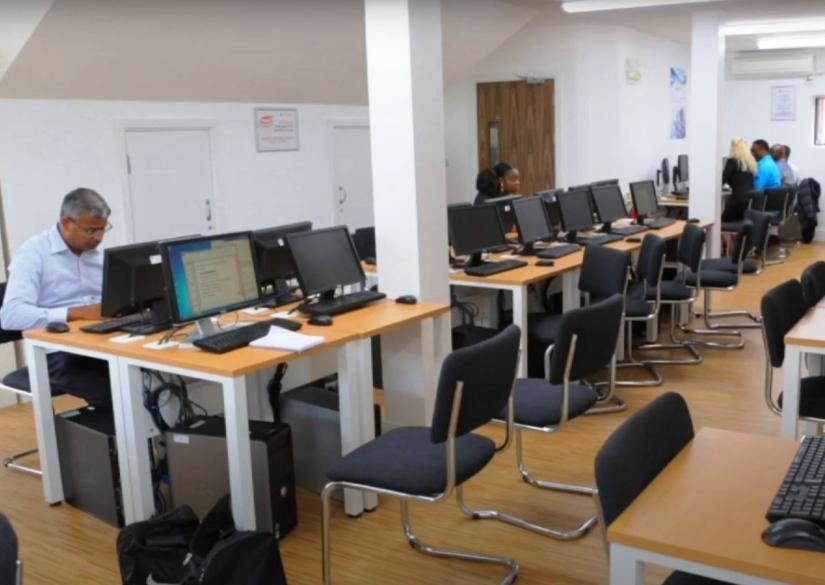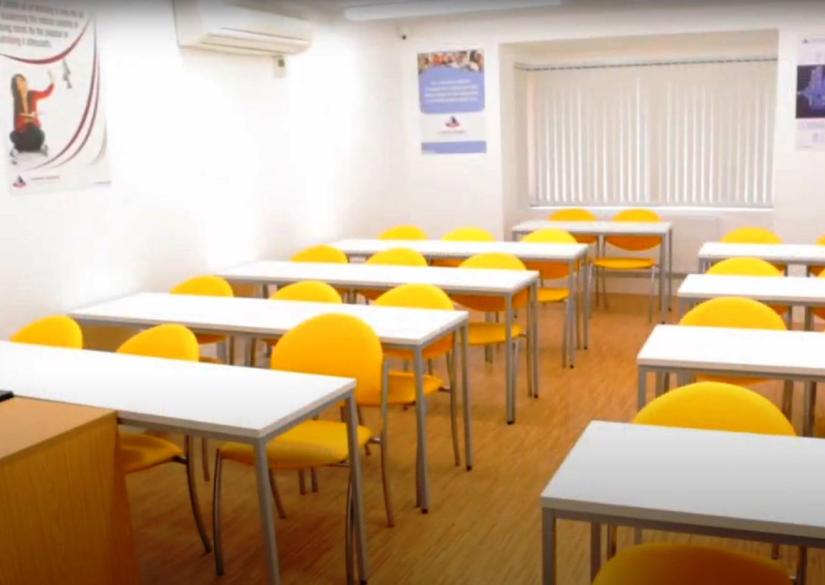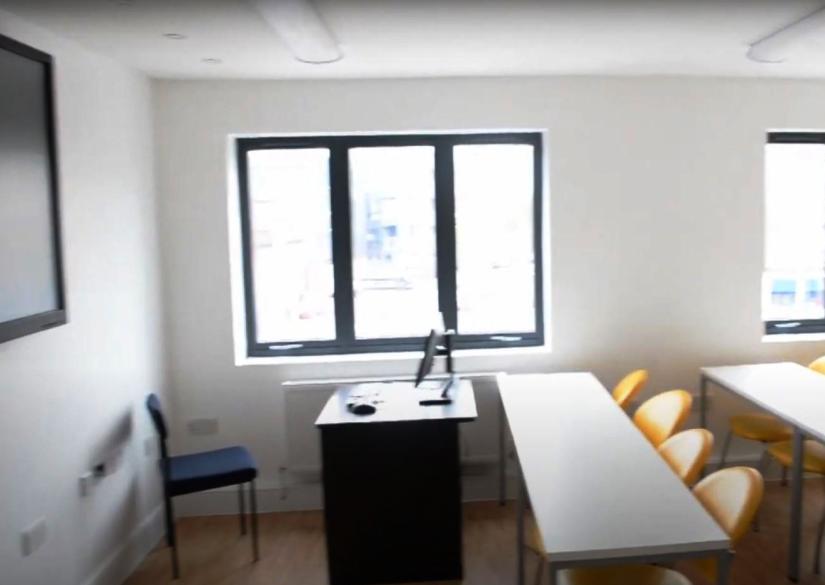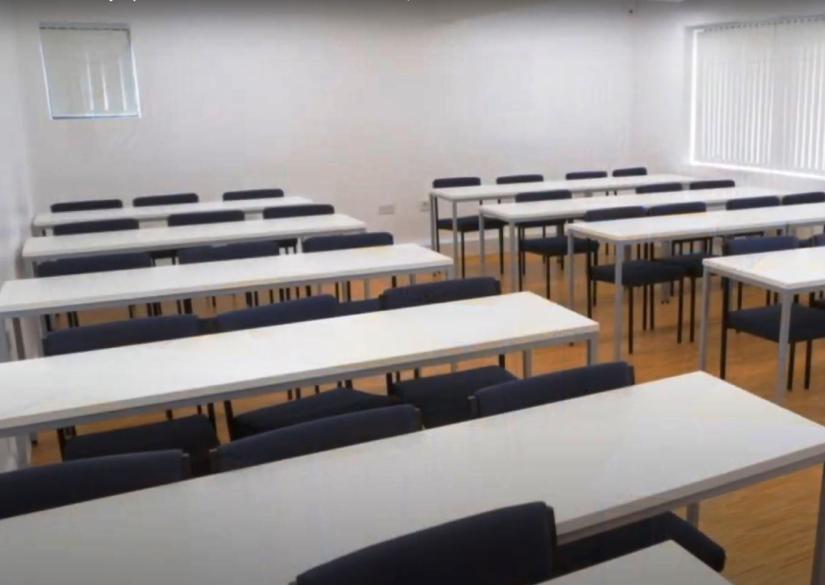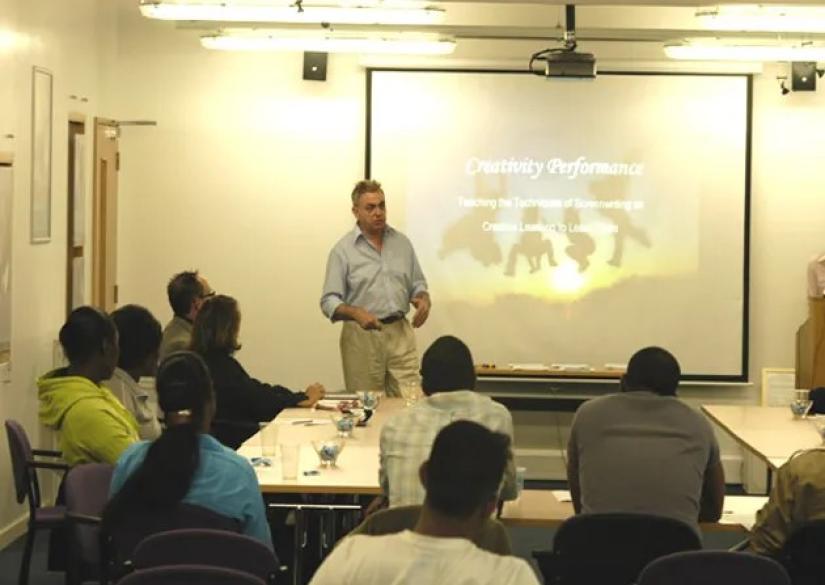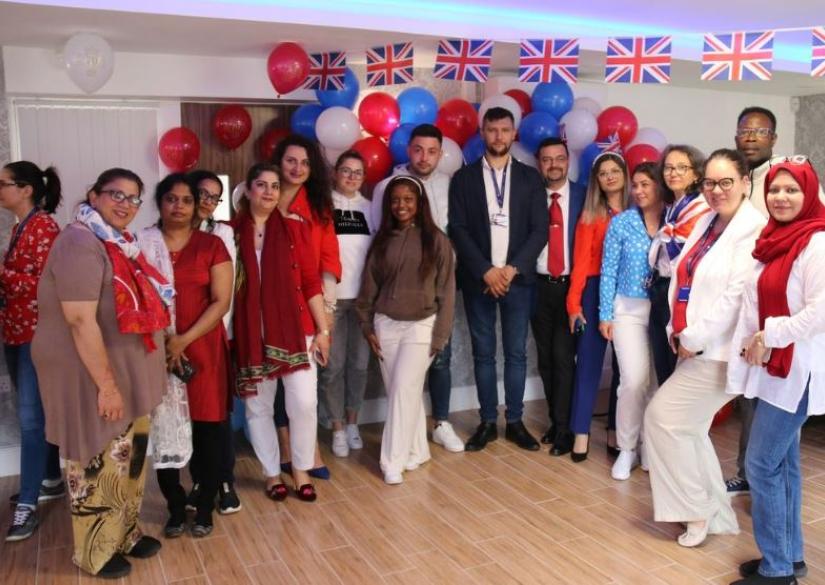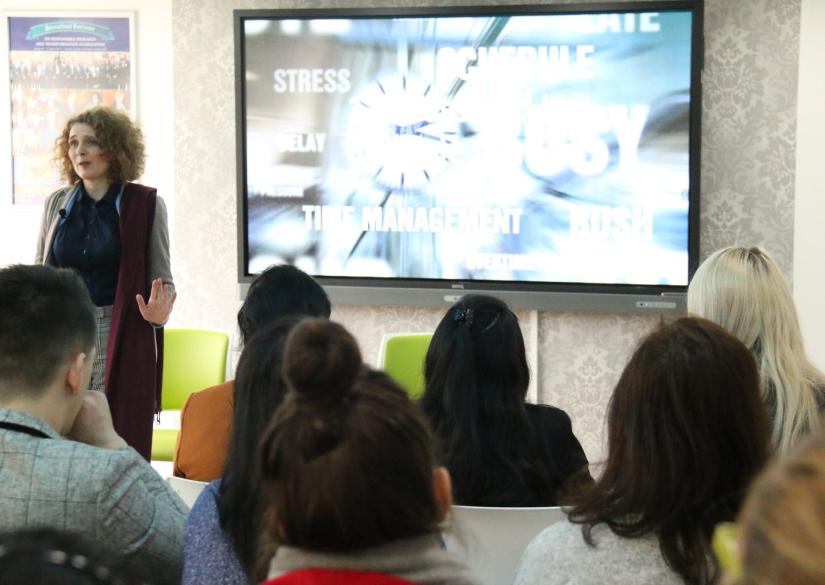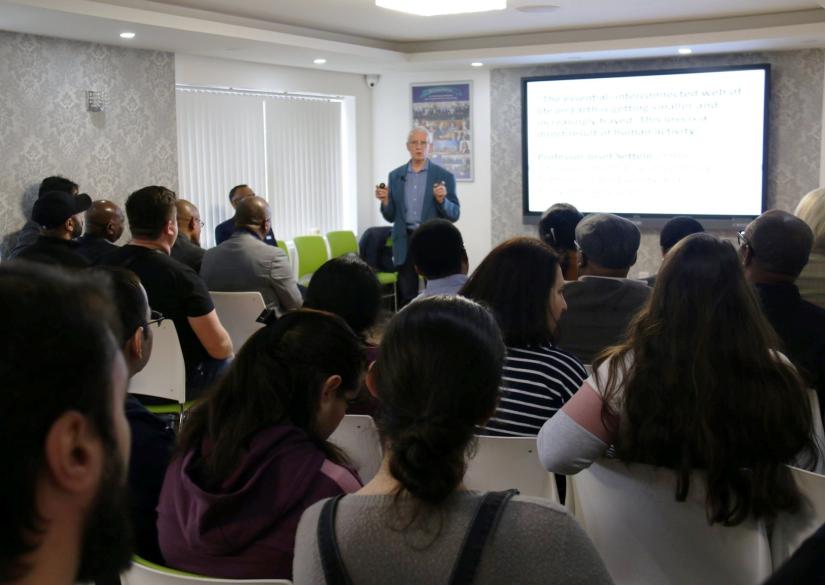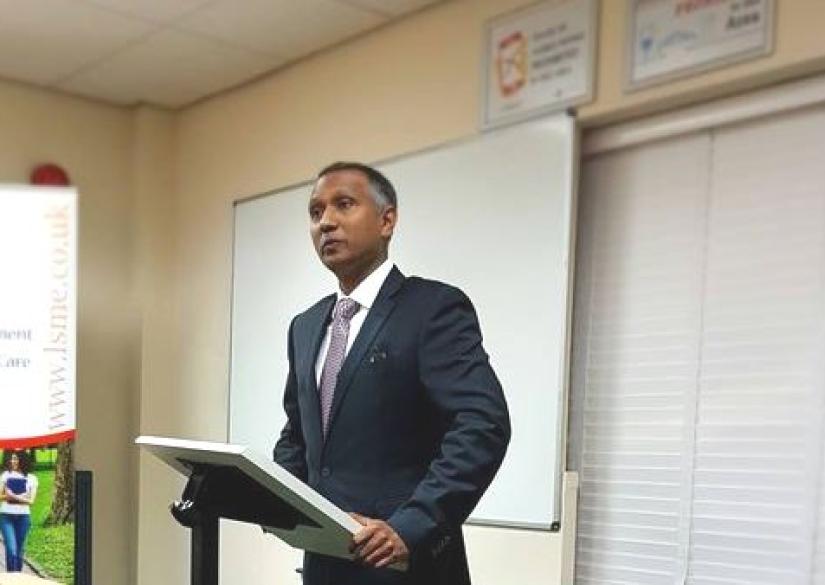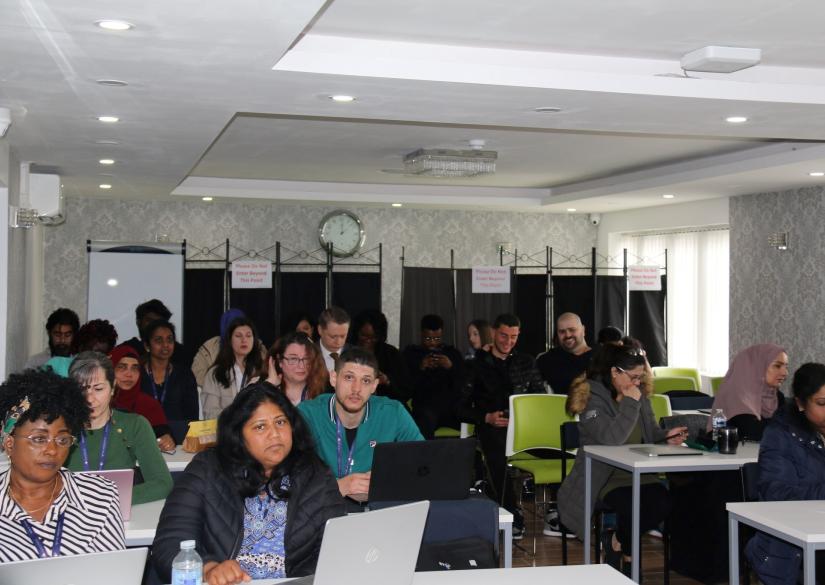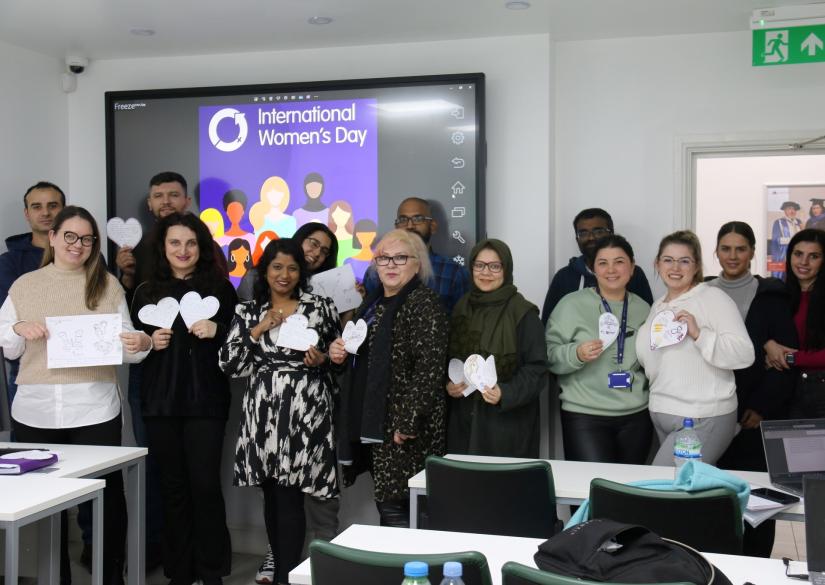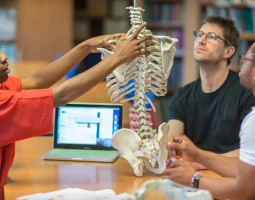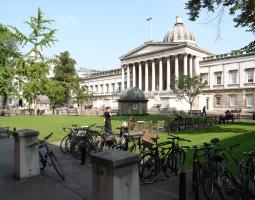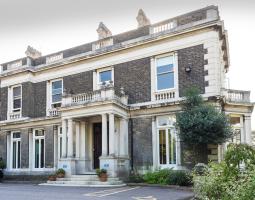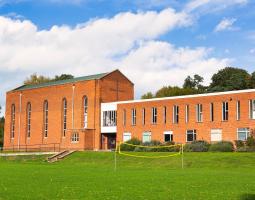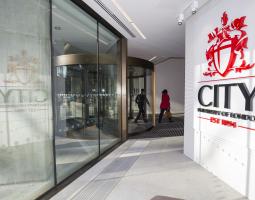London School of Management Education
Programs and prices, tuition fees in London School of Management Education
Diploma
- Age — from 18 years old,
- The duration of study is from 1 year.
Specialty:
- Business (Level 4 HNC and Level 5 HND, RQF),
- Education and Internship (Level 5 Diploma),
- Nurse & Healthcare Assistant (BTEC Level 5 HND),
- Comprehensive Health and Social Care (BTEC Level 5 HND).
Bachelor
- Age — from 18 years old,
- The duration of study is from 3 years.
Specialty:
- Business Management BSc (Hons),
- Health and Social Care Management BSc (Hons),
- International Tourism and Hospitality Management BSc (Hons),
- Accounting & Finance BSc (Hons),
- Business Management and Finance BSc (Hons).
Master
- Age — from 21 years old,
- The duration of study is from 18 months (12 months for training and 6 months for a dissertation).
Specialty:
- Business Administration,
- Business Management
- Education.
Description of London School of Management Education
- Age of students: from 18 years old,
- Type of study: blended,
- Language of instruction: English.
London School of Management Education (LSME) is a for-profit private higher education institution founded in 2007 by Drs. Ravi Kumar and Sarita Parhi. LSME is currently registered as an Alternative Higher Education (AP) provider.
LSME offers diplomas, bachelor's and master's degree programs in areas related to business management, healthcare, social assistance, hospitality, and tourism.
To support the UK Government's efforts to bridge the gap in education and economic opportunity between children and young people in difficulty, as well as young people with special needs and those without education, employment or internship (NEET), LSME has developed an ambitious access and participation plan endorsed by the Office for Students. Today , students from 35 countries of the world study here in diploma, bachelor's and master's programs (all degrees are awarded by external institutions).
The school is registered with the Office of Student Services (OfS) as an approved service provider in the United Kingdom.
Educational process
Unlike larger institutions, where the number of groups can reach several hundred, LSME organizes learning in small groups — this is how students establish direct interaction with teachers.
Students are encouraged to seek support from the teaching staff. Along with group lessons, Individual Study Plans (ILPs) are actively used, which means that the education is tailored to the needs of each student.
LSME always incorporates functional skills into its lectures to equip listeners with the correct terminology, English, information technology, and numeracy skills required for their respective programs.
Scientific achievements
Currently, LSME is focused on the development of scientific research in line with the topic of Responsible Research and Innovation (RRI). With the aim of disseminating the research program both nationally and internationally, LSME has initiated a series of annual international research conferences. Their main goal is to create a reliable platform for the dissemination of the work of RRI experts and early-career researchers from all over the world. It serves as a means of mutual exchange of ideas, it is also a learning platform for young researchers, giving them an incentive to intensify their research work in accordance with the RRI concept.
Accommodation, meals, prices
The London School of Management Education assists in finding suitable accommodation for students by providing information about the options available and assisting with the necessary paperwork.
Activities London School of Management Education
Each semester, the London School of Management Education carefully plans and organizes a series of social events, giving students the opportunity to break free from academic worries and relax. These activities not only contribute to the development of a close relationship between students and university staff, but also help to relieve the accumulated stress associated with a busy academic schedule.
Facilities and equipment at London School of Management Education
LSME strives to provide students with the ideal conditions for a modern education and comfort
- Modern lecture and seminar auditoriums are equipped with multimedia technologies, including flat-screen TVs, projectors and interactive electronic whiteboards that provide remote access to live lectures, air conditioning.
- The conference room is equipped with high-quality sound equipment.
- A resource center with a large selection of printed and electronic publications, computers with high-speed Internet access.
- Virtual Learning Environment (VLE) – Canvas: Provides round-the-clock access to a range of learning resources, including lesson notes, handouts, links to additional learning resources, televised lectures, and video recordings. It is an online academic discussion platform that is also used for online assignment submissions.
- Multi-Faith Prayer Room: Offers a quiet space for spiritual/religious activities, a space for silence and reflection for all staff, students, and visitors. It is intended for all religious denominations.
- Social spaces: Specially equipped spaces for work, socializing, or relaxing.
- LSME Dining Halls and Student Lounges. Here you can meet friends, relax and have a snack between classes. Students are offered hot and cold drinks, a wide range of delicious snacks at affordable prices.
The LSME campus also has open spaces where students can spend time outdoors, can visit local institutions. There is a Valentine's Park near the campus, where it is nice to relax or exercise.
Admission dates and extra charges
The academic year at London School of Management Education is divided into three trimesters: autumn, spring and summer. There are holidays between trimesters, the longest holidays are in the summer.
Additional costs:
- Registration fee,
- Deposit
- Visa fee,
- Immigration Health Fee/Health Insurance,
- Personal Accident Insurance,
- Migration
- Transfer
- Residence
- Nutrition
- Household expenses,
- Transport
- Educational materials and stationery,
- Extracurricular activities,
- Personal expenses,
- Excursions and activities.
Enrolment process
Documents to be submitted with the completed application form:
- Passport and other identity documents,
- A financial statement on the family's income is necessary to determine the financial situation of the future student: whether he will be able to pay for tuition, accommodation and other expenses,
- Document on existing education or qualifications,
- Transcript of the results of the Unified State Exam with the full name of the candidate and the name of the educational institution / transcript of the results of the final exams, the name of the educational institution and the completed course.
- Two letters of recommendation stating the candidate's full name, proof of the type or level of qualification or previous experience, the date of the letter, and the contact details of the faculty.
- Documents confirming the level of English.
The application process itself consists of the following steps:
- Submission of an application with a full package of documents,
- Processing of the application,
- Interview (in-person or online),
- Decision on admission,
- Admission of a candidate for a position,
- Tuition fees.
Perspectives
Employability skills are an integral part of education at LSME: The LSME Job Centre makes sure that graduates acquire all the necessary competencies for a successful job search. The Center's specialists focus on teaching basic skills (soft skills) and actively help students demonstrate these skills during applications, interviews and in their future professional activities.
Entry requirements, how to apply, what is required to enrol
International students planning to enroll at LSME will need a student visa: to do this, they must successfully pass a safe English test in their home country and provide the appropriate proof along with their documents.
Prospective international students applying for Level 4 and Level 5 courses must demonstrate English language proficiency at a level of at least B1 on the Common European Framework of Reference (CEFR) – this corresponds to a score of 5.0 on the UKVI IELTS test (Listening, Speaking, Reading and Writing).
Applicants applying for the degree must demonstrate their English language skills of at least level B2 on the CEFR, which corresponds to a score of 5.5 on the IELTS test on the UKVI (Listening, Speaking, Reading and Writing).
Students applying for Master's programmes or for the QCF Level 5 Diploma in Education must achieve an overall score of at least 6.0 on the UKVI IELTS test, with at least a 6.0 in Listening, Reading, Speaking or Writing.
Institution on the map
Residence permits, citizenship and other services
- Guardianship services during the studies
- Student supervision
Review about London School of Management Education
Recommendations on when to apply
| Language courses, schools and children's language camps | Primary and secondary education - private schools | Preparation programmes for entering universities - higher education | Higher education (after completing accredited programs A-level, IB, High School) - Bachelor, Master, MBA |
| - we recommend to apply 6-9 months before the start of the course (some camps and schools offer discounts for early booking or for lengthy study programs) - there are some very popular and high demand children's camps, where the applications need to be submitted 1 year in advance (in particular Switzerland , Great Britain , USA , Canada , Austria) | - we recommend to apply one year before the start of the training program, - some schools have a specific time frame (September-November - please specify an individual school) - some schools require tests in several stages (UKISET, internal tests of the school: English, mathematics, logics, subjects, interview, some require a personal visit) | - we recommend to apply one year before the start of the program, - for Foundation and Pathway programs, IELTS and TOEFL certificates are usually required, respectively | - recommended submission one year before the start of the program, - the deadline normally closes in January, for TOP HEIs and, as a rule, in March in other universities - for a bachelor, a Foundation or Pathway preparatory program a completed A-level, IB, High School + IELTS / TOEFL are required - for Masters you need a graduated higher education, in some cases you need a pre-Masters program - MBA requires completed higher education, work experience preferably at least 2-3 years, etc. |


